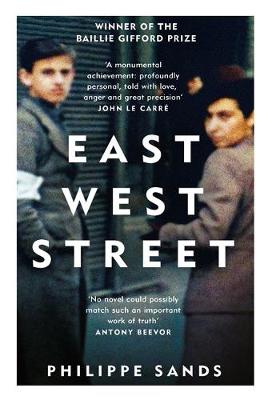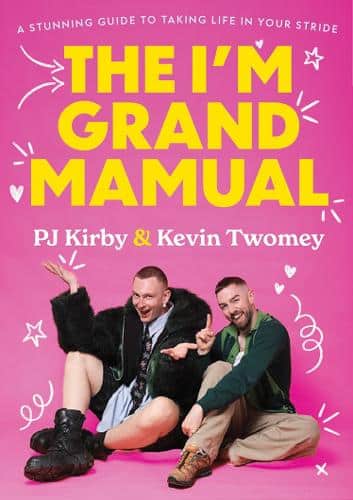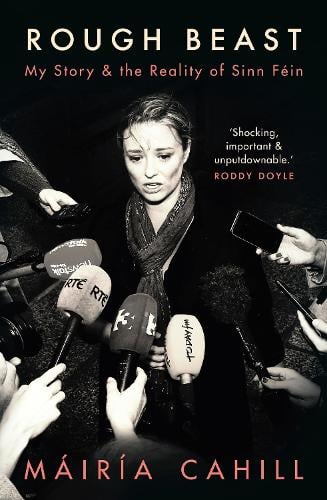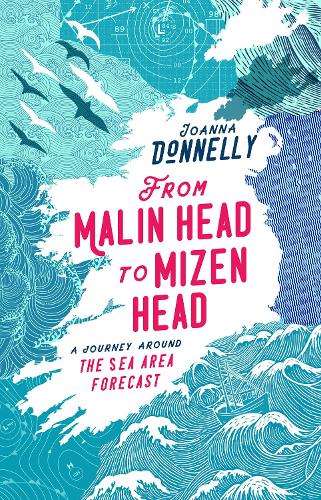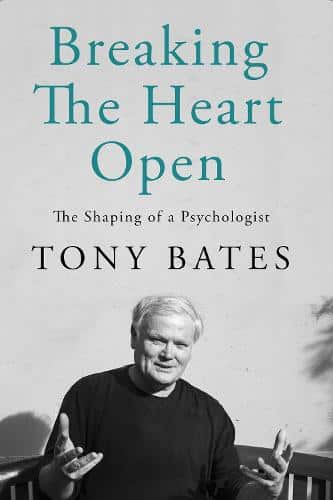East West Street
I encountered a city of mythologies, a place of deep intellectual traditions where cultures and religions and languages clashed among the groups that lived together in the great mansion that was the Austro-Hungarian Empire. The First World War collapsed the mansion, destroying an empire and unleashing forces that caused scores to be settled and much blood to be spilled.
In what Daniel Finkelstein in The Times described as ‘a work of great brilliance… everything that happens is inevitable and yet comes as a surprise… in places I gasped, in places I wept,’ East West Street is both a history of atrocity and a relentless, brilliantly-pitched search for the truth. By seeking out the decimated past of his own family, Sands unearths the then-controversial origins of international human rights itself.
An invitation to deliver a lecture in the western Ukrainian city of Lviv sets international human rights lawyer Philippe Sands on a profound quest that will both unearth the origins of international law and fill the terrible gaps in his own family’s decimated history. In the process, he both wrestles with the outcome of the laws created at the time and delineates the death machine built to destroy an entire people.
Sands exhumes layer after layer of hidden detail, revealing the extraordinary story of two Nuremberg prosecutors who ultimately realise the man they are prosecuting may have been responsible for the murder of their entire families in Nazi-occupied Poland, in and around Lviv.
These two remarkable men – Hersch Lauterpacht and Rafael Lemkin – sit at the heart of Sands’ exploration, whilst their quarry , Hitler’s personal lawyer Hans Frank, proves himself an equally compelling character. It is through Lauterpacht and Lemkin that the words ‘crimes against humanity’ and ‘genocide’ – at the time controversial notions – became part of both the judgement at Nuremberg and our lexicon of hate. The deeper Sands digs, he finally traces the grim events that overcame his own family during the Second World War.
About the Author
Philippe Sands is Professor of Law at University College London and a practising barrister at Matrix Chambers. He frequently appears before international courts, including the International Criminal Court and the World Court in The Hague, and has been involved in many of the most important cases of recent years, including Pinochet, Congo, Yugoslavia, Rwanda, Iraq and Guantanamo.
The LitVox Bookshop
Our bookshop’s range grows by the day. Moreover, we pride ourselves on being able to track down and obtain any book our customers want. Our recommendations service is open for all to use. If we recommend books to you through this service, we’ll be able gather up those books and send them to you no matter where you are in the world. If you’re buying your books as a gift, we can gift-wrap them in a lovely bundle and send them wherever in the world you wish! We can even hand-write your greetings card with your personal message.
Remember that if you’re buying books as a gift, we also offer a wide-range of book prints, gifts and greetings cards for readers of all ages! Check out our print studio and gift-shop today. If you have any special requests for your order or need further gift inspiration, just contact our team at hello@litvox.mystagingwebsite.com, we’re ready and waiting to help!
